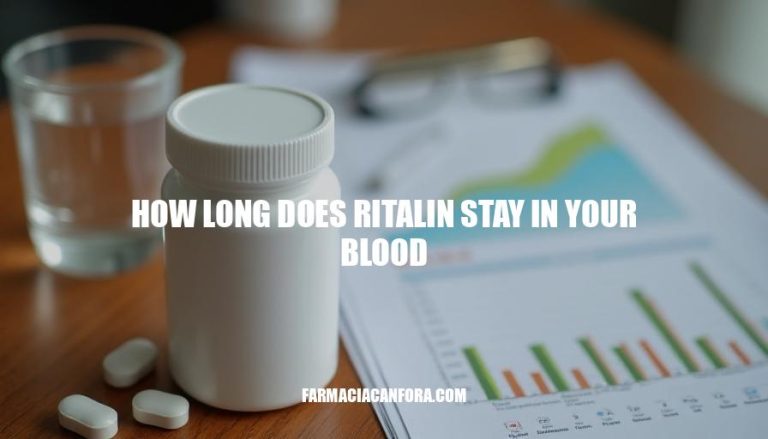


Ritalin is a medicine that helps people with ADHD and narcolepsy focus and pay attention. It works by changing the levels of certain chemicals in the brain. Knowing how long Ritalin stays in your system is important because it can affect how you take the medication, what side effects you might experience, and whether it interacts with other medicines or substances.
Ritalin, also known as methylphenidate, is a central nervous system stimulant commonly prescribed for ADHD. The duration it stays in the blood is influenced by several factors:
Dosage: The amount of Ritalin taken affects how long it remains in the bloodstream. Higher doses generally result in longer detectability.
Metabolism: Individual metabolic rates play a significant role.
Ritalin has a half-life of about 2-3 hours, meaning it takes this long for half of the drug to be metabolized and eliminated from the body. However, metabolism can vary widely among individuals due to factors like age, liver function, and genetic differences.
Individual Differences: Factors such as body weight, age, and overall health can influence how long Ritalin stays in the blood. For instance, younger individuals and those with faster metabolisms may process the drug more quickly.
Typically, Ritalin is detectable in the blood for about 48-96 hours after ingestion.
Immediate-release formulations last for about 2-4 hours, while extended-release versions can last up to 8-12 hours.
Ritalin, a medication used to treat ADHD and narcolepsy, stays in the bloodstream for varying lengths of time depending on several factors.
The duration it remains detectable in the blood is typically around 48-96 hours after ingestion. However, individual differences such as metabolism rate, body weight, age, and overall health can influence how long Ritalin stays in the system.
The amount of Ritalin taken (dosage) also affects its detectability, with higher doses resulting in longer detection times. Metabolism plays a significant role, with a half-life of about 2-3 hours for the drug to be metabolized and eliminated from the body.
Factors such as liver function, genetic differences, and age can affect metabolism rates.
Ritalin has different formulations, including immediate-release and extended-release versions, which last for varying lengths of time – 2-4 hours and up to 8-12 hours, respectively.
Given the complexity of individual factors influencing Ritalin’s duration in the bloodstream, it is crucial to consult a healthcare professional for personalized advice and information on taking this medication effectively and safely.